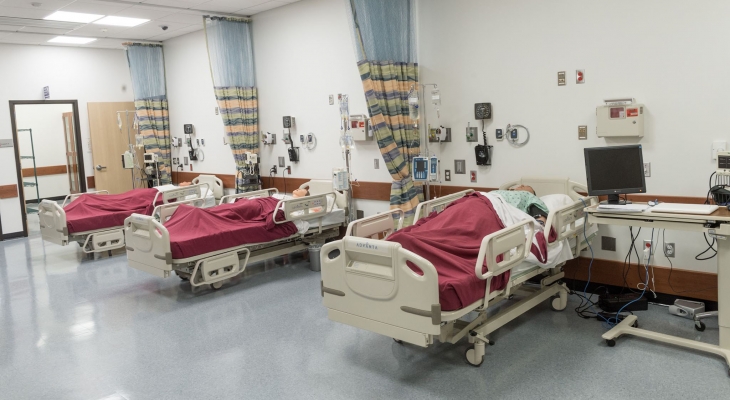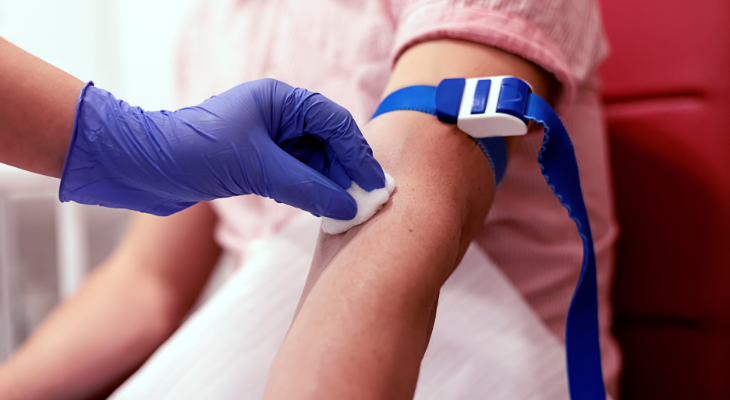
Nursing Program Information Session
Joliet Junior College’s Associate of Arts in Criminal Justice is a liberal arts-based transfer degree that prepares students for careers in corrections, legal services, fraud investigation, private and government security, and other vital fields that assure the safety and security of all citizens. Students in this program will receive a broad knowledge base in general education and criminal justice, in order to discover and develop individual competencies and interests in these and other related careers. Development of analytical thought processes and state-of-the-art technical skills are a key part of this degree, as is help with job placement and mentoring by real-world criminal justice experts.
Graduates of the JJC Criminal Justice program will find a job environment that is increasingly welcoming to diverse applicants, as the demand for trained personnel grows. Or if they prefer, program graduates can choose to transfer their Associate of Arts in Criminal Justice to a 4-year institution in order to further their education and interests.
Certificate options are no longer available, but students can choose to pursue an associate of arts with a criminal justice concentration.
See course requirements for an Associate of Arts
See below for the requirements for an associate in arts degree with a concentration in Criminal Justice. Please note that most classes are offered in fall, spring and summer semesters, but there may be some exceptions.
First Semester
Total: 15 hours
Second Semester
Total: 17 hours
Third Semester
Total: 15 hours
Fourth Semester
Total: 15-17 hours
Graduation Requirements:
To be awarded an associate degree at JJC, each student must meet the following requirements:
For more information, please contact:
Department Chairperson
Susan Krause
Email: skrause@jjc.edu
Phone: (815) 280-6600
Contact
Ken Krynicki
Email: kkrynick@jjc.edu
Phone: (815) 280-4434
Program Advisor
Kim Karlberg
Email: kkarlber@jjc.edu
Phone: (815) 280-6686
Employment prospects for criminal justice graduates appear favorable because of the unfortunate fact that crime exists and continues to be one of our major social problems, necessitating more services that ensure the safety of our society.
Additionally, the criminal justice field will continue to be affected by new advances in technology, adding increased job opportunities for trained personnel who can apply their technical skills and knowledge to crime prevention and detection. Qualified women and minorities, previously under-represented in this field, can expect to be actively recruited.

